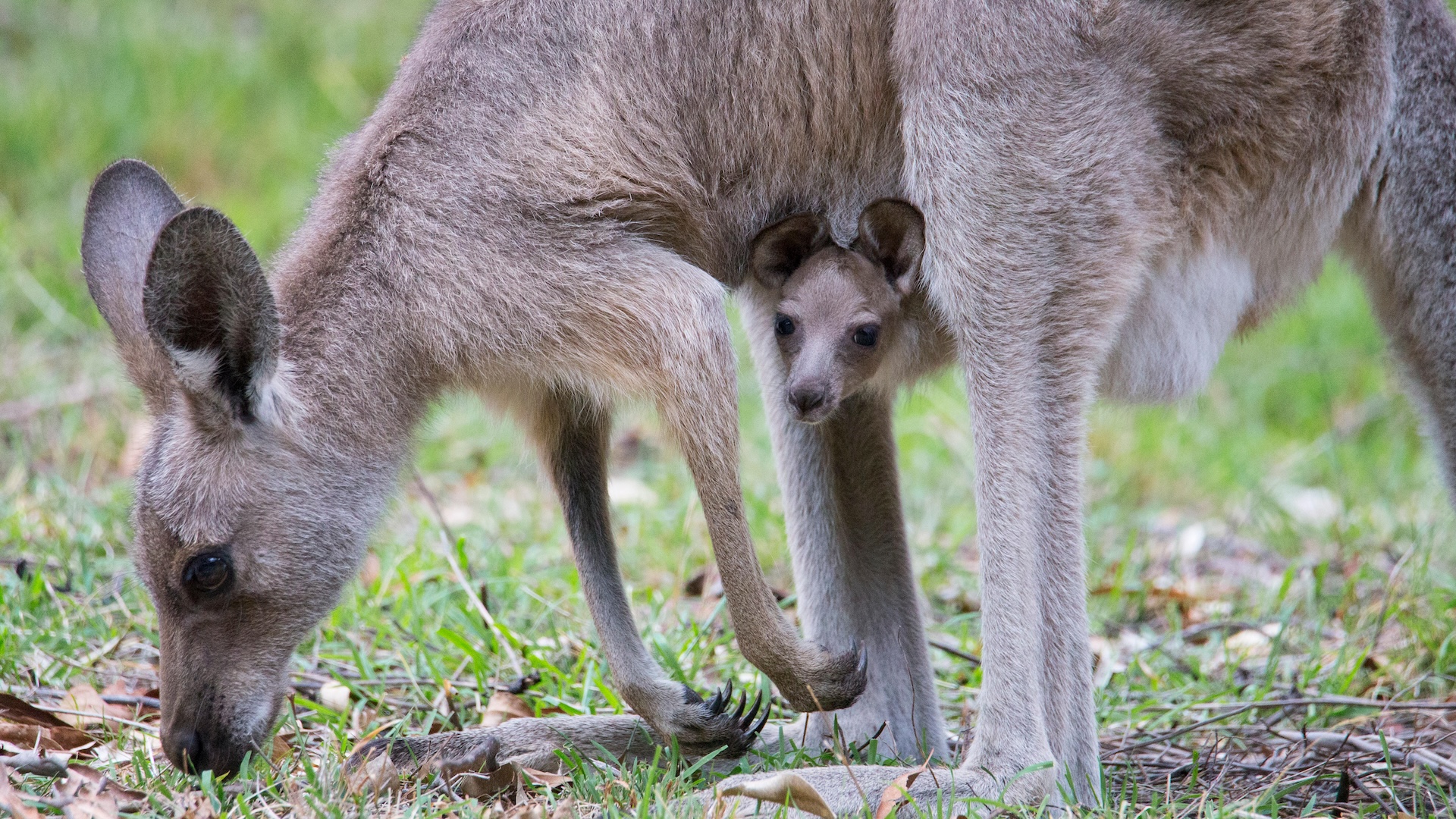Life's Little Mysteries: Science questions, answered

The world can be a pretty mysterious place and we at Live Science love to ask and answer scientific questions about mysteries big and small: about ancient civilizations, our planet and our solar system, the plants and animals that live alongside us, our bodies and how they work, and the technologies that we use every day.
Join us on this exciting voyage of discovery and downright weirdness as we solve … Life's Little Mysteries.
Latest about Life's Little Mysteries
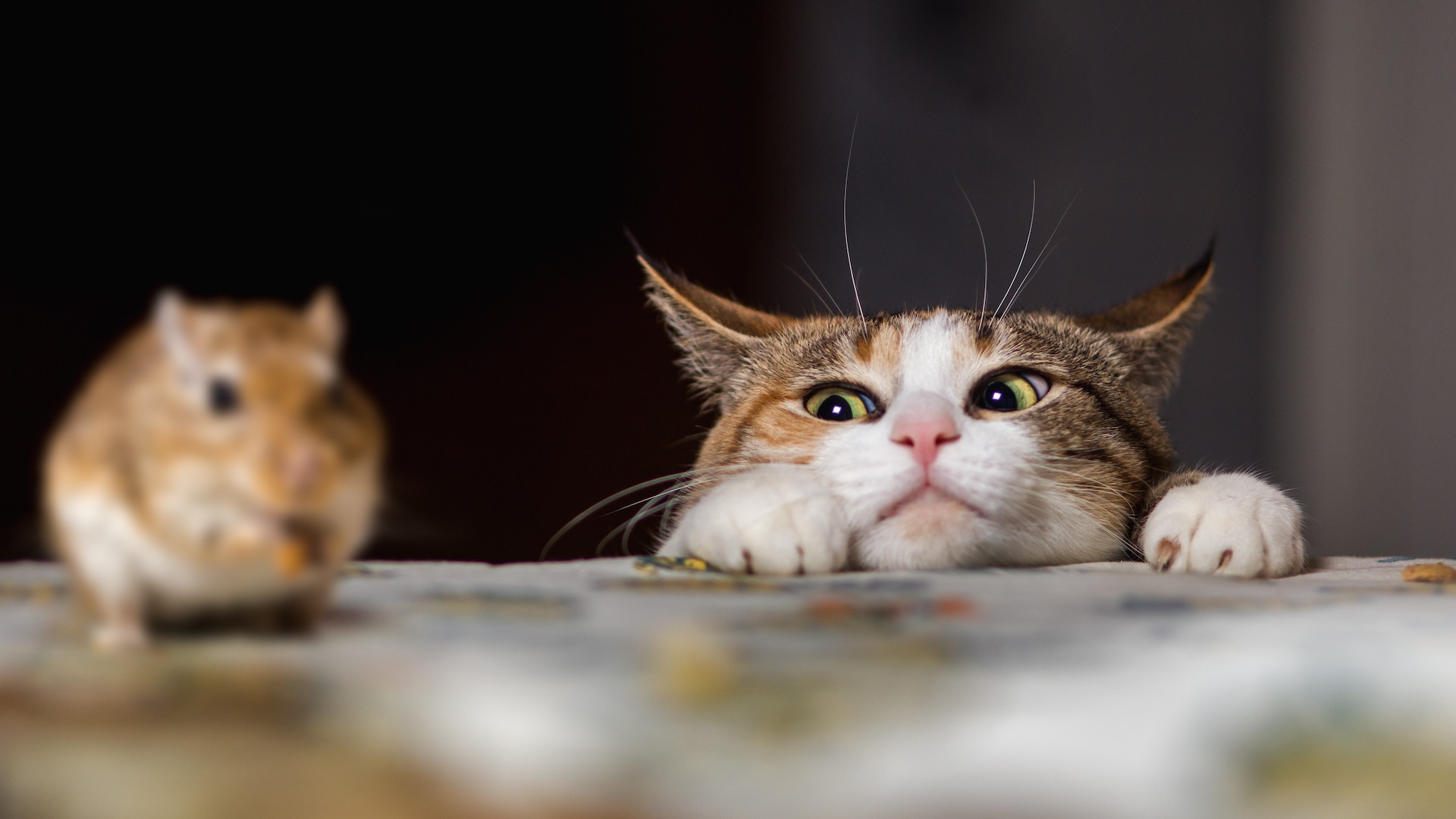
Why do cats bring home dead animals?
By Alice Sun published
Cats sometimes catch and leave a "gift" for their humans. But why do cats give us dead mice, birds or other prey?

Why is yawning contagious?
By Clarissa Brincat published
Scientists have identified some reasons why yawns spread from person to person.
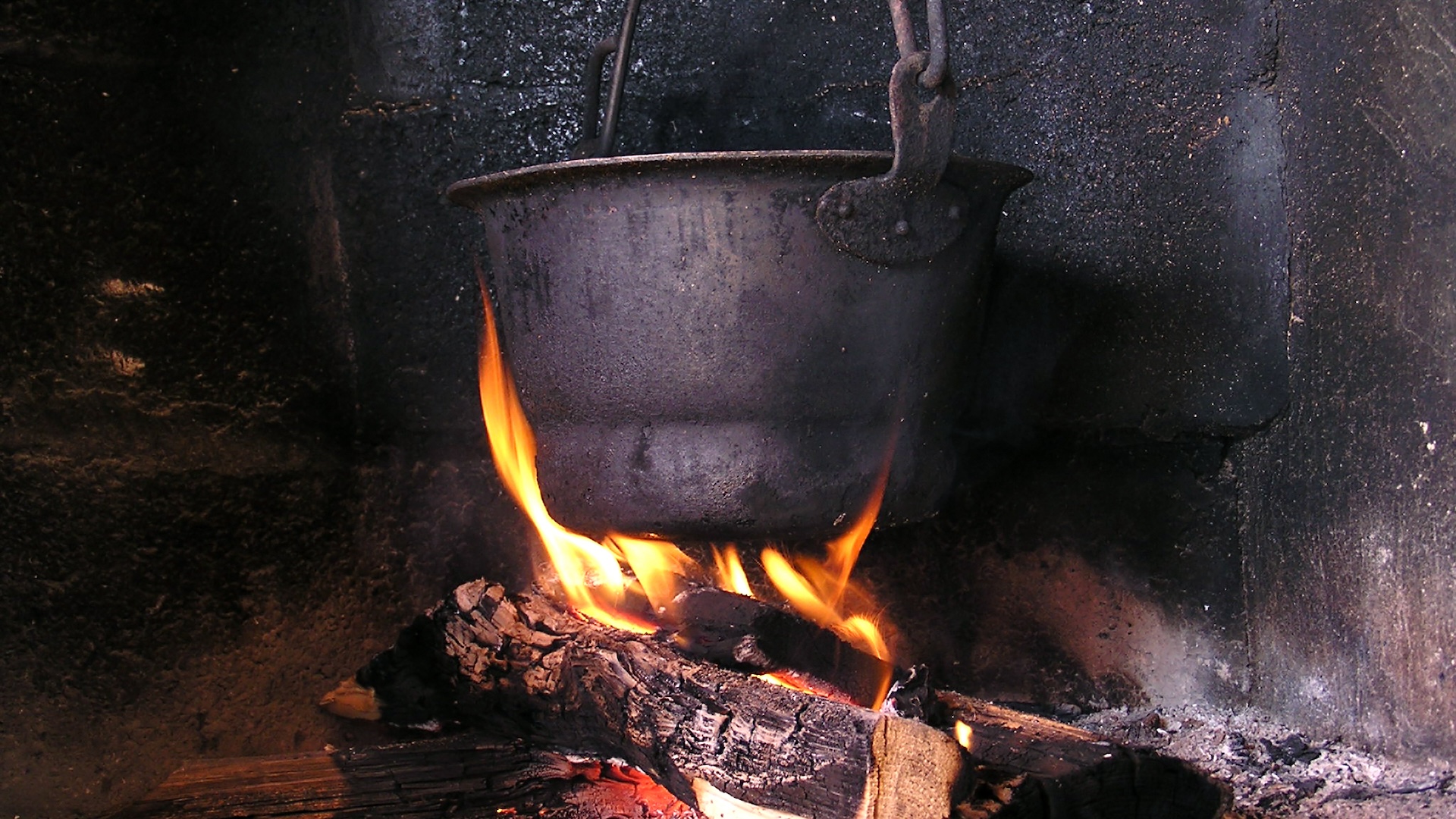
What's the oldest known recipe?
By Marilyn Perkins published
Cooking is an essential part of human culture, but people haven't always written down recipes the way we do now.

Why do we get a 'second wind' of energy at the end of the day?
By Clarissa Brincat published
That second wave of energy is a normal part of the human circadian rhythm, but lifestyle factors also play a role.
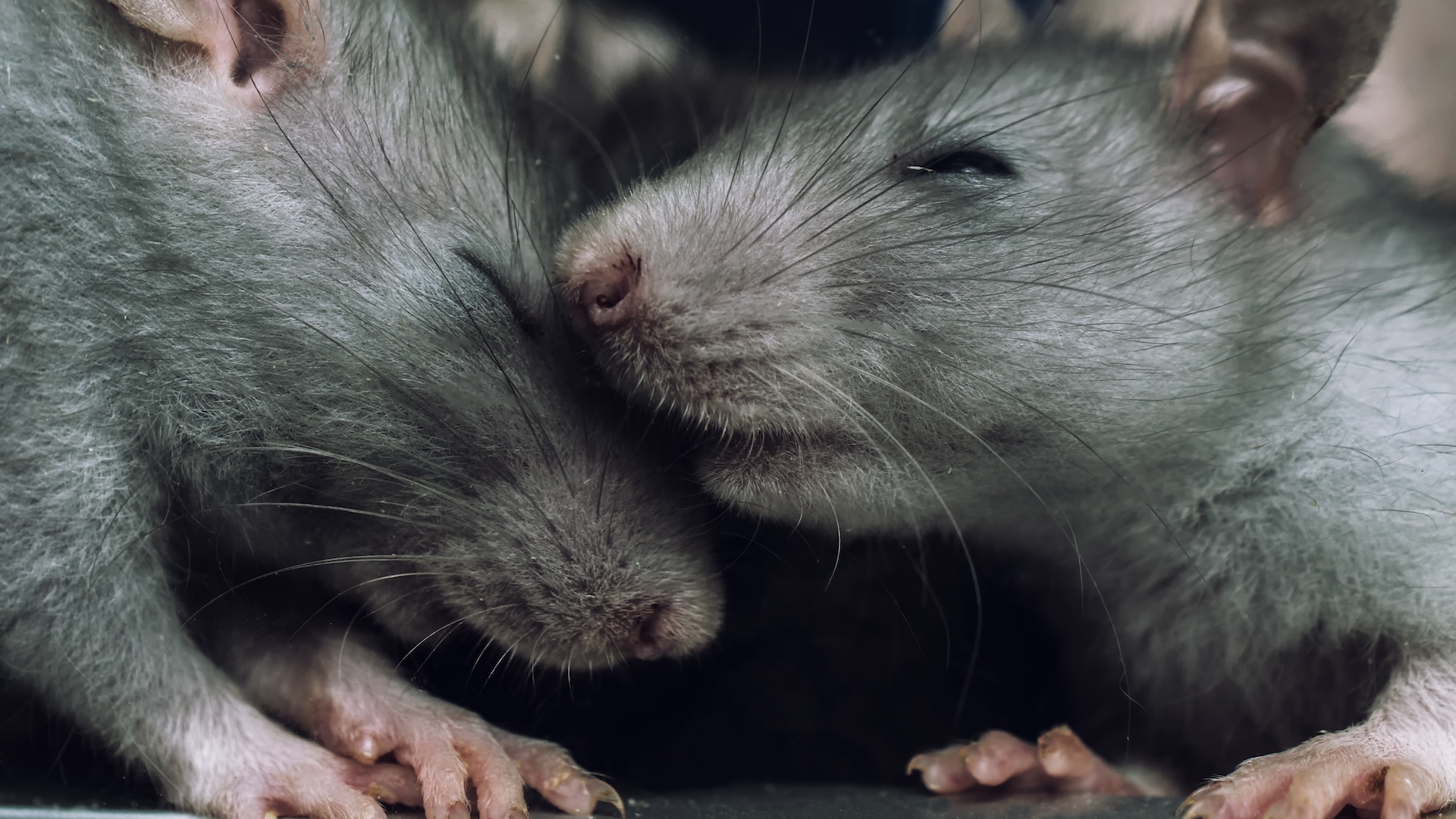
Do animals have orgasms?
By Elana Spivack published
Though research on sexual experience in nonhuman animals is limited to primates and rodents, there's reason to think that they have an "orgasm-like response" during sex.
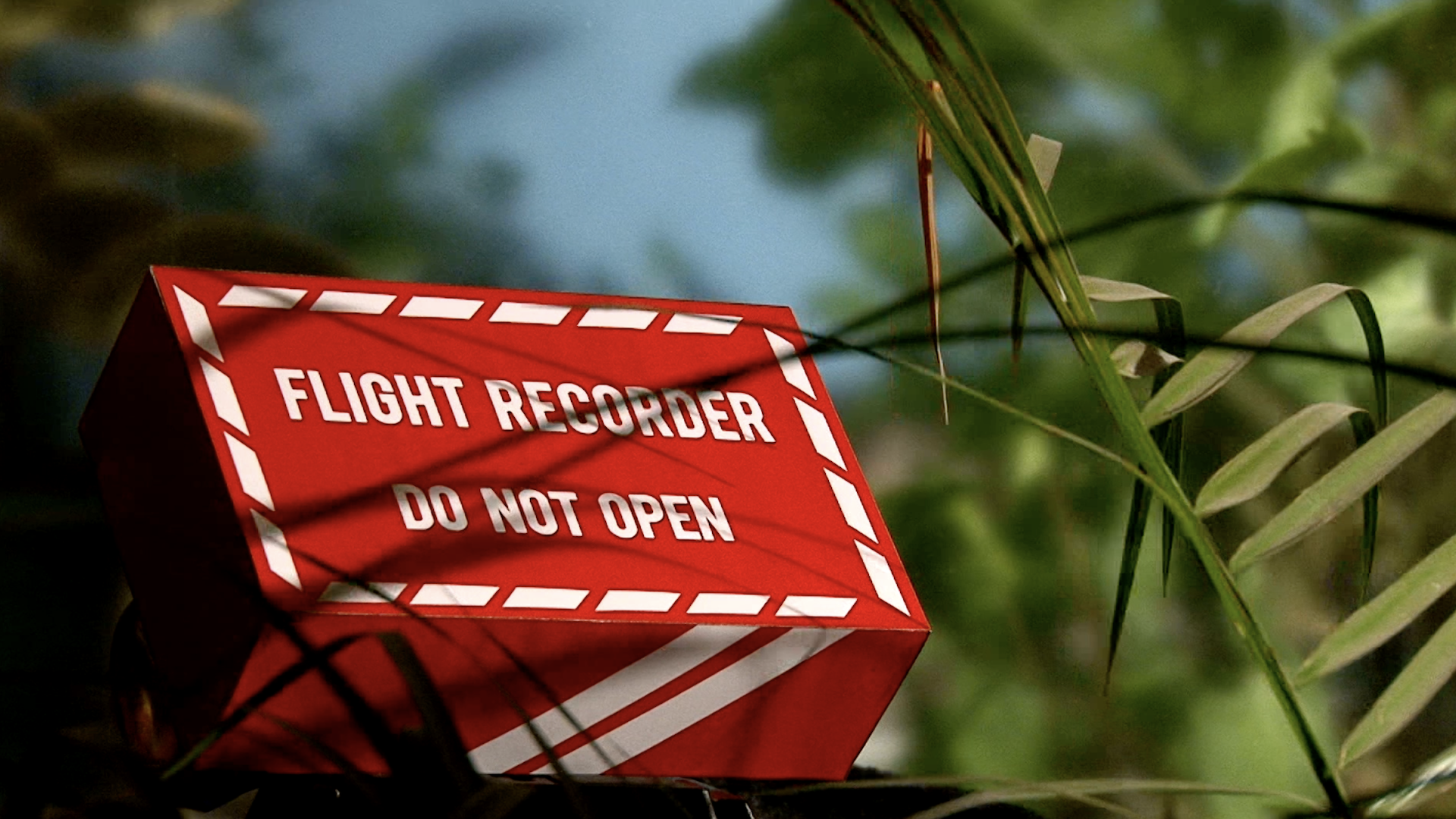
What do black boxes on planes actually record?
By Kristel Tjandra published
Modern flight recorders can hold more than 1,000 pieces of information about an aircraft.
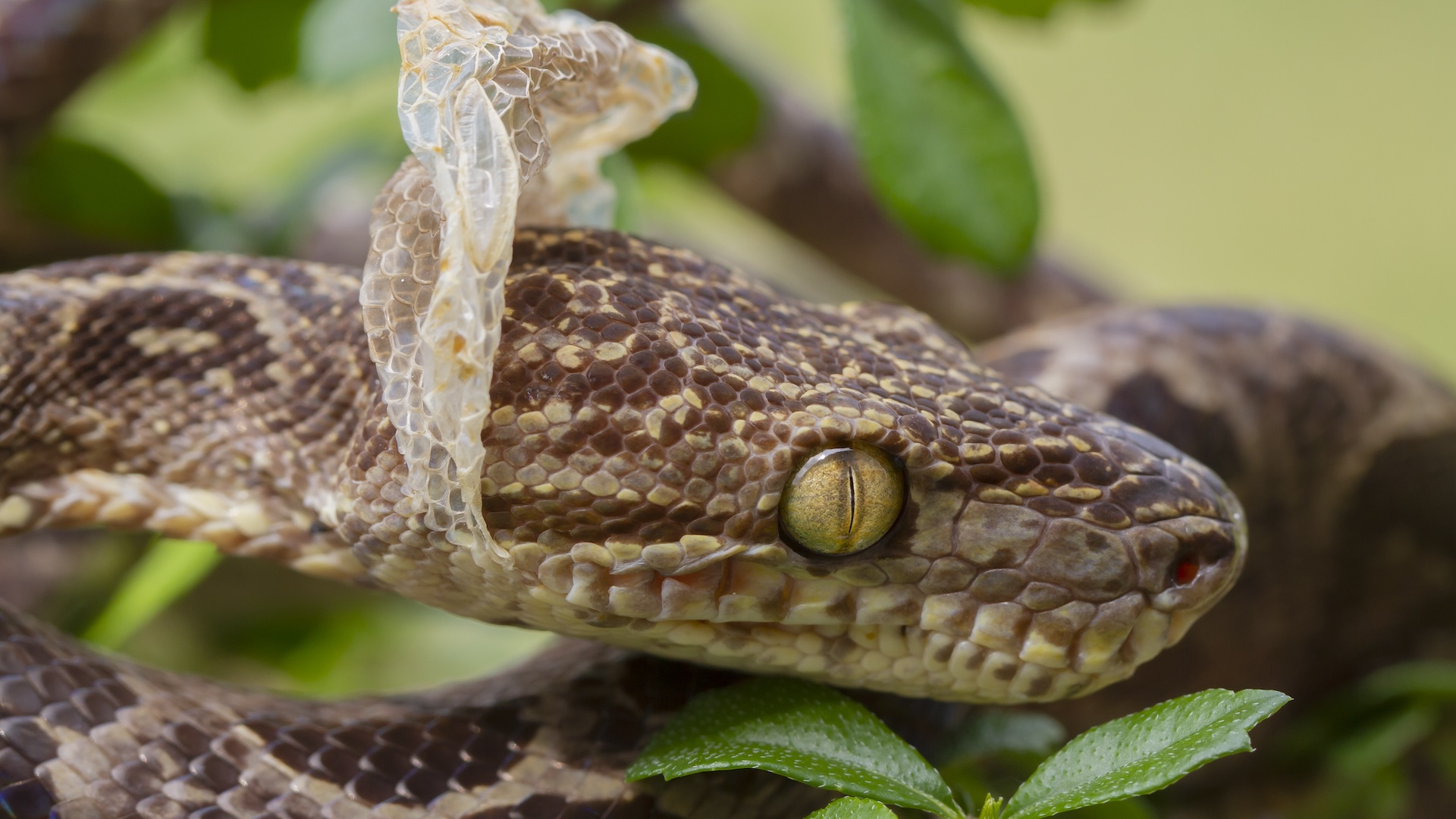
Why do snakes shed their skin?
By Emma Bryce published
It's a story that involves scales, sloughs — and spectacles.
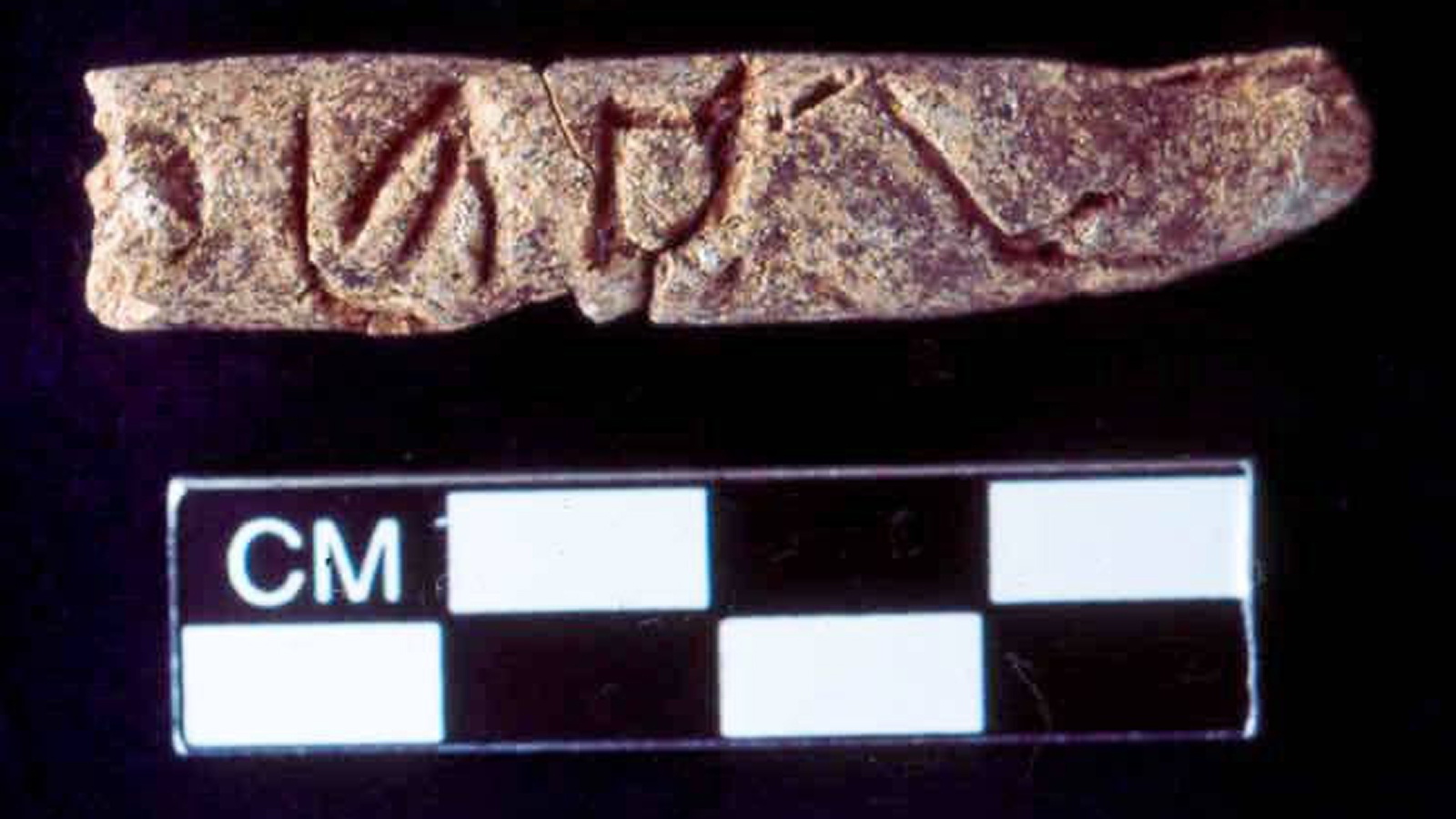
What was the first alphabet in the world?
By Tom Metcalfe published
New discoveries challenge old ideas about the earliest alphabets.
Sign up for the Live Science daily newsletter now
Get the world’s most fascinating discoveries delivered straight to your inbox.
